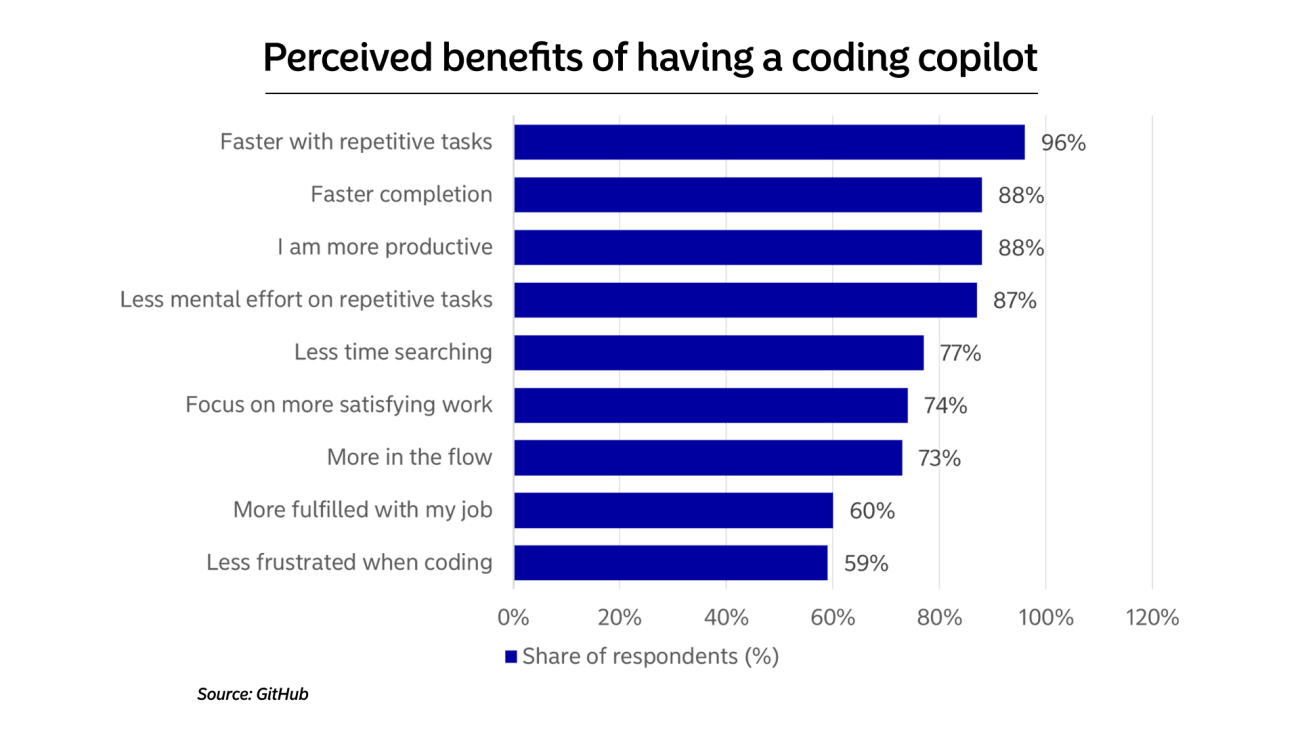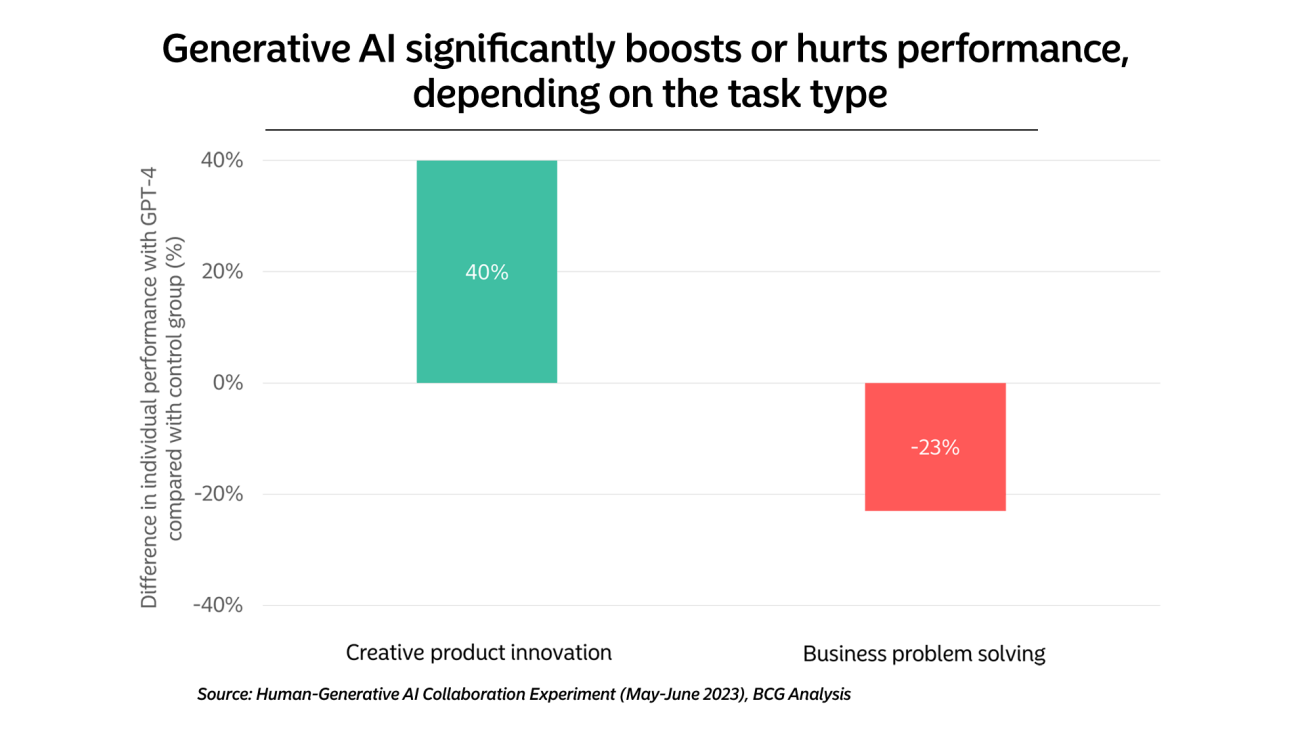To understand the new wave of hype for AI, its drivers and potential implications, Nordea On Your Mind author Viktor Sonebäck turns to Philip Widegren, Data Science Lead at Nordea's AI Hub. He describes how generative AI has opened a new interface (through Large Language Models) making access and usage far easier for non-experts. Potential productivity gains are fuelling massive interest in business use. There are risks of new AI technologies being abused for disinformation and destabilisation, but the outlook for human employment is not necessarily bearish. AI is a productivity tool for humans.
Viktor Sonebäck (VS): Can you share your background and your current role at Nordea?
Philip Widegren (PW): My academic background includes an M.Sc. in Applied Mathematics from KTH Royal Institute of Technology. I initially started my career in the area of AI as a quantitative trader at SEB. My journey further led me to BCG and BCG Gamma, where over four years, I was part of driving large-scale digital transformations using AI, ML and Data Science across various industries and clients, with a special focus on areas such as pricing and personalisation. Since August 2022, I have worked as a data science lead for Nordea’s AI hub, focusing on commercial units and leading our Generative AI initiatives across the bank. Nordea's AI hub exists to accelerate AI adoption in the bank and to ensure safe and responsible usage.
VS: LLMs, and generative AI in general, have reached an unprecedented level of hype in recent times. Why is this? Why now?
PW: Generative AI and in particular Large Language Models have been one of the hottest, if not the hottest, topics in the industry since the release of ChatGPT back in November 2022. This is despite the fact that Generative AI only accounts for 30-40% of the economic impact of all AI technologies, according to McKinsey.
One of the primary reasons for the hype surrounding generative AI is its enhanced accessibility. Previously, developing AI applications to realise business value required highly skilled data scientists; however, OpenAI’s release of ChatGPT has significantly lowered such barriers to entry, meaning anyone may now access state-of-the-art AI technologies. Moreover, through leveraging ChatGPT and other generative AI applications, employees themselves are attaining productivity increases from directly utilising this technology.
Other factors include the fact that people can easily build new services. There is an ongoing battle, including Google, Microsoft, Meta on a global stage, to develop the best services and foundation models. Everyone is watching. It is important to also mention that LLMs are not that "smart". Essentially they just predict the next words based on the instructions you have provided, meaning they are very prone to hallucinations if you do not provide enough context.
If we for example zoom into how the software developer experience can be improved using generative AI then studies from GitHub regarding its copilot claim the following: software developers feel more productive, efficient and satisfied. They have measured a 55% productivity gain when writing code. It is important to emphasise that many software developers spend many hours a week on non-coding tasks. Also, navigating large complex codebases is much more challenging than creating new codebases from scratch. In the not too distant future, when companies recruit developers, the developers will assume that they will get a copilot and the question will rather be which copilot the company uses instead of if developers have a copilot, similar to how new hires today expect to get a computer and mobile phone when joining a company.



